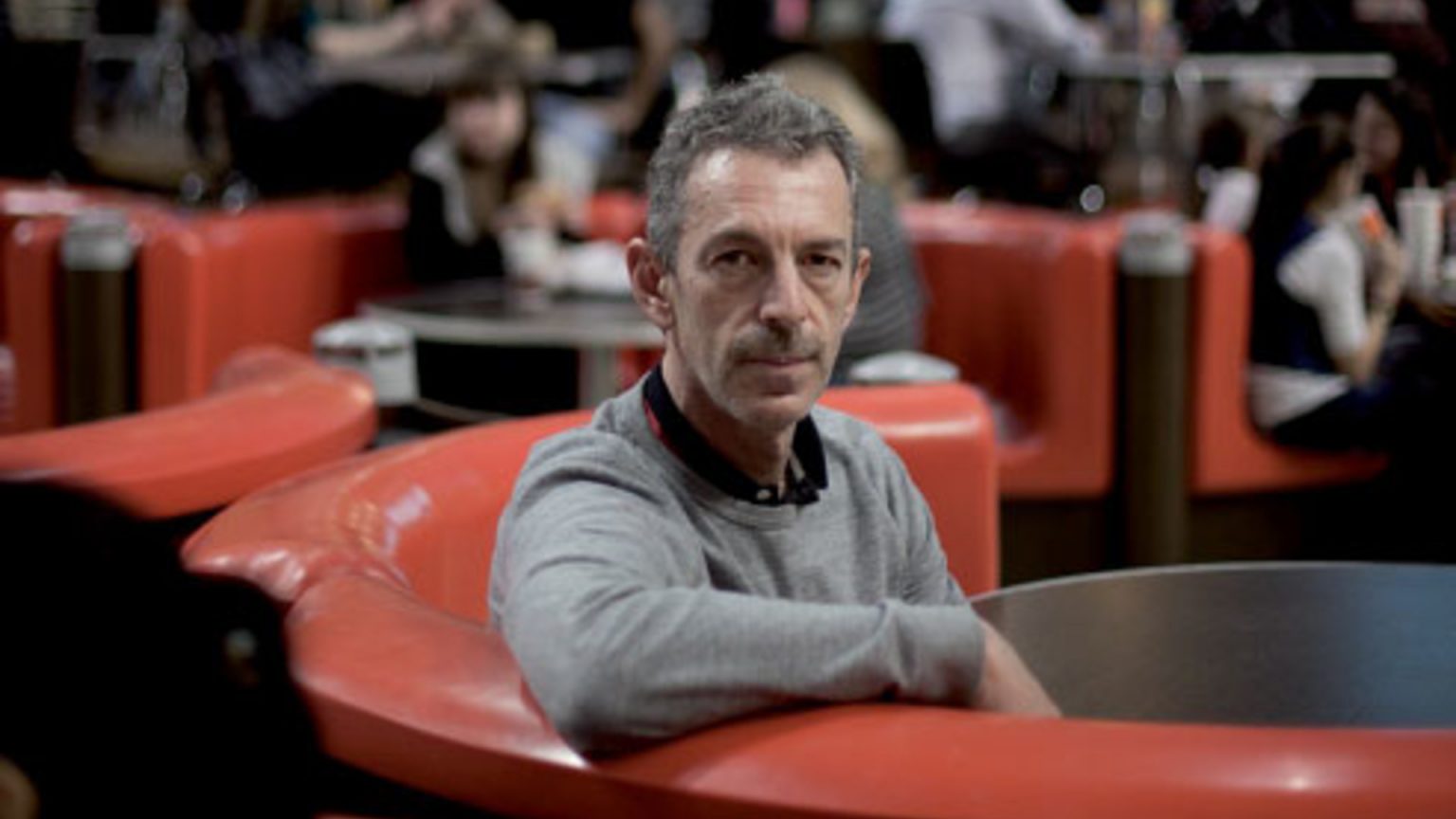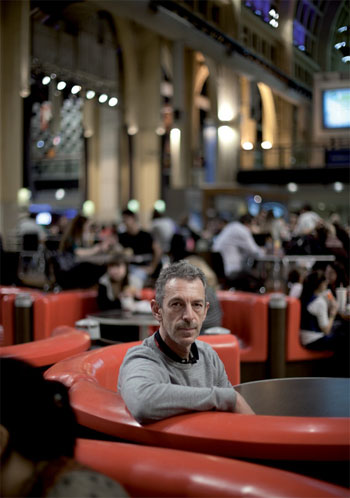When Martín Rejtman’s Two Shots Fired screened at the New York Film Festival last fall, I collected what amounted, for the most part, to tentatively positive reviews. Now the film’s returning to the Film Society of Lincoln Center for a week-long run as part of the retrospective Sounds Like Music: The Films of Martín Rejtman.
“People put up with all sorts of nonsense, their own included, in Martín Rejtman’s shifting symphony of deadpan neurosis,” writes Nicolas Rapold for the L. “Focused in its eccentricity and weirdly entertaining, Two Shots Fired is the first new feature in a decade from the writer-filmmaker whose 1992 debut Rapado lit a path to the New Argentine Cinema. Something of the film’s flavor is felt from the confounding opening, in which a bored, lawnmowing teenager chances upon a gun in the shed, carefully shoots himself twice, and survives, carrying on with a kind of weary poise.”
“Even the mystery of a lost dog is a red herring,” writes Ben Kenigsberg in the New York Times. “A French New Wave-style voice-over holds the narrative together, but Two Shots Fired is somewhere between deadpan and coy.”
In Rapado, “a young man drifts around the arcades and record stores of Buenos Aires after the theft of his motorcycle,” writes the NYT‘s Stephen Holden. “The movie is an acute portrait of aimlessness in the period leading up to Argentina’s 1998 economic crisis. Two other films, Silvia Prieto and The Magic Gloves, also witness young people coping with financial chaos.”
For the Jewish Week, George Robinson interviews Rejtman, “also a highly regarded short-story author. Both his films and his fiction are marked by their dry, taciturn deadpan humor and attention to the minutiae of daily life, and driven by rhythms of repetition and echoes of absurdity…. This sort of obliquely humorous response to potential tragedy strikes some viewers as very Jewish. Rejtman acknowledges a connection, but he seems uncertain as to how his Jewishness comes out in his art…. Perhaps the same is true of the pervasive presence of Jewish filmmakers in the New Argentine Cinema… ‘Honestly, I never thought of this before, asking the question if a fellow filmmaker is Jewish or not,’ he replied. ‘But you are right, in Argentina there are many Jewish filmmakers, indeed.'”
Update: Michael Koresky in Reverse Shot:
Rejtman, often identified as both an influence on and a sort-of member of the New Argentine Cinema movement—which also included films by such masters of idiosyncratic realism Lucrecia Martel, Lucia Puenzo, and Pablo Trapero—seems fascinated by characters whose motivations and desires remain safely hidden from viewers (and perhaps even their creator), even as his camera looks at them head on and follows their actions with almost clinical precision. Just who are these people in The Magic Gloves or Silvia Prieto, whose psychological reasoning seems so close to the surface but is made opaque by machinations that place them within the strictures of a “plot”? The shooting that begins Two Shots Fired in a sense drives the narrative, but it is revealed as just one of many, less dramatic, events that provide clues; so little seems to spring directly from it that it could have occurred at the film’s climax, or its midpoint. But its placement at the outset, however unstable, is crucial, both an acknowledgment and a refutation of classical cinematic grammar, of the principles that Colin MacCabe once described as thus: “Narrative begins with an incoherence but already promises the resolution of that incoherence.”
For news and tips throughout the day every day, follow @KeyframeDaily. Get Keyframe Daily in your inbox by signing in at fandor.com/daily.





